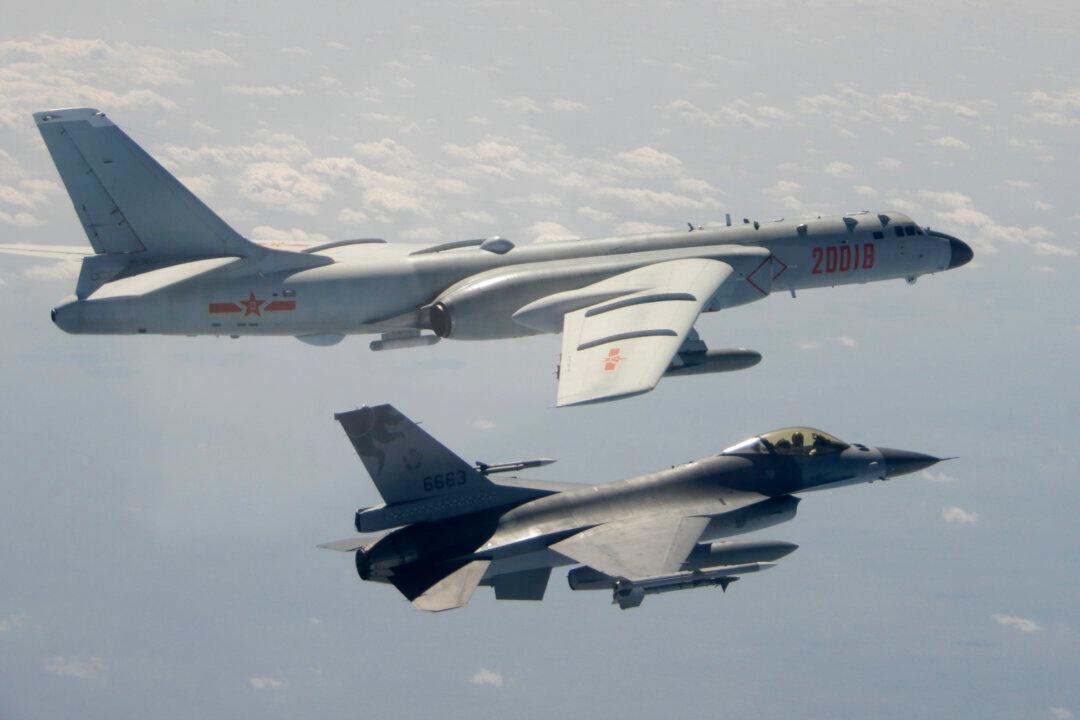Commentary
U.S. Secretary of Defense Lloyd Austin is heading on a whirlwind tour to meet American allies in Southeast Asia, and top of mind will be how to use President Biden’s focus on partnerships to contain China’s growing military power in the South China Sea, as well as ward off Beijing’s profligate threats of war against Japan, the Philippines, Australia, and even the United States. If Biden is serious about defending the most likely target, Taiwan, he should deploy U.S. forces there as a tripwire, and partner more closely with the country through military exchanges and greater provision of military materiel.





